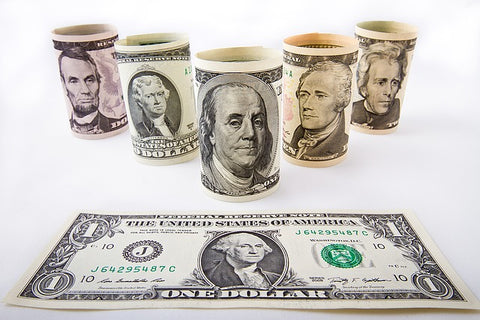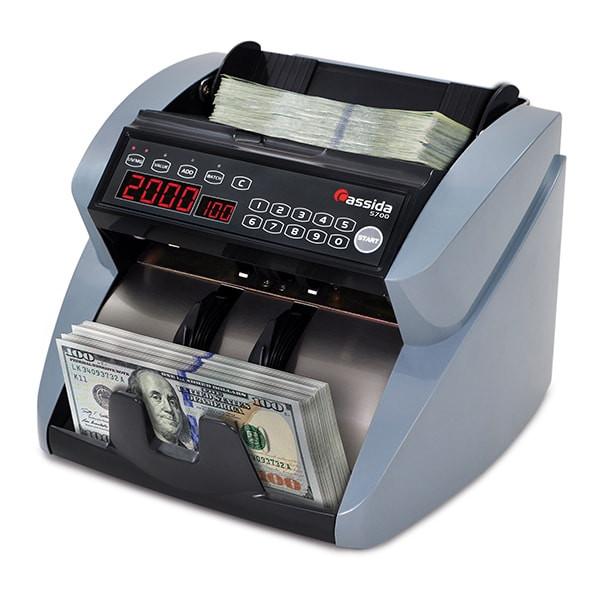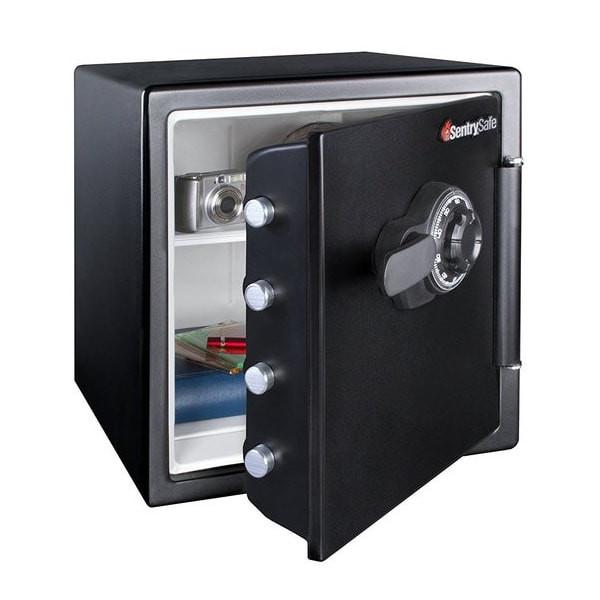Your Guide to U.S. Federal Counterfeit Money Laws
Counterfeiting has been going on for centuries. Every time fake money gets into the market, the currency and the people’s belief in the government becomes devalued. That is why the government has to play a role in protecting the currency’s integrity. The founders of America put a clause in the constitution that stated that any person found counterfeiting money would be punished.

- In 1865 The Secret Service was established to go after money counterfeiters. At that time, one-third of the U.S currency was fake. It is thought that about 1 out of 10,000 notes produced by the people of North Korea are circulating in the U.S. The ‘super notes’ are believed to have been developed in order to fund their weapon buying program.
- Apart from producing counterfeit notes, federal law is also against being in possession of fake notes, passing on, uttering (making something fake look as if it is genuine), and dealing with money that is either domestic or foreign with the intention of defrauding.
- The Counterfeit Deterrence Act of 1992 increased the penalties of counterfeiting. The law also gave powers to treasury to make new note designs to make it very hard to counterfeit money. In 1996, the new notes were released. The portraits on the notes were bigger and they were moved to the left in order for small watermarks of the portraits to be inserted. Color shifting ink was used to make counterfeiting even harder.
- Counterfeit detector machines are one of the best ways to check that bills you receive are authentic. Good quality detectors can verify bills in seconds. Learning how to spot fake bills by eye is also a useful skill to have for anyone that deals with cash and can help to avoid being in posession of fake bills.
- Anytime money comes from a place which is thought to be legitimate and it turns out that it has in fact been produced illegally, the person is concluded to have committed the crime of counterfeiting. The crime includes generating fake money in a bid to commit fraud and altering legitimate money.
- Anyone caught passing fake money, even if they are not responsible for making it, will be charged for going against the laws of counterfeiting. This is because the federal government is the one legally responsible for distributing legal tender.
- Counterfeiters are given up to 20 years in prison or up to $250,000 fine. If by any chance any other person other than the defendant makes a financial loss or gain, the sentence becomes heavier and the person caught can get up to 25 years in prison. Those who counterfeit gold coins or gold bars can get up to 15 years in prison. The sentence varies depending on the specifics of the crime.
- How harsh the sentence is actually depends on the amount of money that was counterfeited. If one did not have the intention to defraud and they plead innocent, then they cannot be charged. For example, if you print money as a joke and the currency is of poor quality and you argue that it cannot pass off as legal currency, you cannot be charged. This type of defense can only be accepted in selected cases. One can be charged with counterfeiting even if only one side of the fake note was printed.
- For one to be convicted of the crime of counterfeiting, the person ought to be proven to be aware that the money was not genuine. If the person is thought to have even slightly suspected that the note was not genuine, then they will be arrested for trying to pass on a fake note to someone else. Evidence is also required to prove that the person is innocent. If the person has passed on fake money more than once or has used a large denomination note to make small purchases instead of using the change that he had previously been given and it is discovered that he has separated his money, in that there are fake notes on one side an genuine ones on the other side, then it can be proven that they knew the money was fake.
- One can be charged for printing foreign currency within the boundaries of the U.S. and also for printing currencies outside the borders of the U.S. It is advisable to always report to the police about any counterfeit notes that come into your possession to avoid keeping the note in circulation since you can end up on the wrong side of the law. You may also have to give the police as much information as possible to enable them track down the offender.
- You may also lose your money and you will not be refunded for any purchases that you made or any deposit you try to make in a bank. If you have homeowners insurance you can claim a refund for counterfeit money but you might have to cater for the required deductions.
- A counterfeiting offense also includes being in possession of any equipment used to produce fake money e.g. metal plates that are used to make money.
- Scanning money or making copies of notes to be used in counterfeiting is also a counterfeiting crime. This law actually led to the development of applications that can block scanners from taking any image of the U.S currency. There are also other harmless items that will soon be banned from being sold to the public once the Treasury Department decides to start using them exclusively. These items include security threads and paper that is used for printing money.
- Producing images of notes have been regulated. Any bank note image you produce must be at least three- quarters of the size of an original bank note. The resolution should be not more than 72dpi for digital copies. One may not be convicted for being in possession of a note that obviously looks fake and cannot be easily be passed on to someone else as a legal currency. An exception is made if the image of the bank note was reproduced for a news article that talks about money and the image is required for illustration purposes.

If you get arrested for being possession of counterfeit money, the best thing to do is to contact an attorney since counterfeiting is a very serious offense. Getting a complete understanding of the law is a good way of ensuring that you are always on the right side of the law. The use of the law varies from one location to another and also depends on the situation.




Comments
Leave a comment